Among the vibrant tapestry of avian companions that grace our homes, macaws stand out as particularly demanding yet rewarding pets. These magnificent parrots, with their rainbow plumage and impressive wingspans, aren’t simply larger versions of their feathered counterparts – they represent a significant leap in care requirements and owner commitment. While many birds make wonderful companions with relatively straightforward needs, macaws demand a level of attention, space, and emotional investment that surpasses most other avian species. Understanding these heightened needs isn’t merely academic; it’s essential for anyone considering bringing these intelligent creatures into their lives. The special requirements of macaws stem from their wild nature, complex psychology, and remarkable cognitive abilities – elements that make them extraordinary companions but also particularly challenging ones.
The Intelligence Factor: Cognitive Demands of Macaws

Macaws possess cognitive abilities comparable to those of a human toddler, with problem-solving skills that surpass most other bird species. This extraordinary intelligence translates into a need for consistent mental stimulation that goes far beyond what many bird owners might expect. Without adequate intellectual engagement, macaws quickly develop destructive behaviors as their minds seek outlets for their natural curiosity and problem-solving instincts. Their ability to understand cause and effect, recognize patterns, and even manipulate their environment to achieve goals means owners must constantly provide new challenges, toys, and learning opportunities. This intellectual capacity also explains why macaws require much more direct interaction time than smaller birds – their minds are constantly processing, learning, and seeking engagement with their surroundings.
Social Creatures: The Flock Mentality

In the wild, macaws live in tight-knit flocks where social bonds form the foundation of their existence and emotional well-being. When kept as pets, humans must effectively replace this entire social structure, serving as the macaw’s flock, mate, parent, and companion. This translates to significantly more hands-on time than required by less social birds like canaries or finches, who can thrive with minimal direct interaction. Macaws typically need a minimum of 3-4 hours of direct social interaction daily, compared to the brief check-ins that might suffice for other birds. Their intense need for socialization means that long workdays without interaction can lead to serious psychological distress, including self-harming behaviors like feather plucking and excessive screaming. The depth of their social bonds also explains why macaws often form particularly strong attachments to specific family members.
Vocal Communication: Beyond Simple Chirping

The vocal repertoire of macaws goes far beyond simple chirps and calls, representing one of the most complex communication systems in the avian world. Their natural vocalizations can reach over 105 decibels – comparable to a jackhammer at close range – making them significantly louder than most other pet birds and potentially problematic in apartments or shared housing situations. Beyond volume, macaws use their vocalizations to express a wide range of emotions and needs, requiring owners to learn their specific language patterns. Their remarkable ability to mimic human speech and associate words with meanings further complicates their care, as they often expect responses to their verbal cues. This complex communication system means owners must dedicate time to understanding their macaw’s specific vocabulary and responding appropriately, creating another layer of attention requirement that exceeds that of less vocal species.
Lifespan Commitment: The Decades-Long Journey

When welcoming a macaw into your home, you’re committing to a relationship that could span 50-80 years – a timeframe that exceeds most other pet commitments by decades. This extraordinary lifespan means macaws often outlive their original owners, requiring careful estate planning and consideration of their future care arrangements. The decades-long relationship also means that training, behavioral issues, and care patterns have much longer-lasting implications than with shorter-lived pets. Their cognitive development continues throughout much of their life, requiring ongoing adaptation in enrichment strategies as they age. This extended lifespan also means macaws form deeper bonds with their human caregivers than most other birds, making the relationship particularly emotionally complex and demanding for both parties.
Specialized Dietary Requirements

Macaws require meticulously balanced nutrition that differs significantly from the simpler seed-based diets that might suffice for smaller birds. Their specialized diet must include specific ratios of high-quality pellets, fresh fruits, vegetables, nuts, and occasional protein sources to maintain optimal health and prevent serious nutritional deficiencies. The preparation of fresh foods alone can demand 30-60 minutes daily, as macaws require variety to prevent food boredom and nutritional gaps. Their powerful beaks, evolved to crack hard rainforest nuts, mean they need access to appropriate hard foods to maintain beak health and prevent overgrowth issues. Additionally, macaws have species-specific nutritional needs based on their native habitat – for example, Blue and Gold Macaws require different nutrient profiles than Scarlet Macaws, adding another layer of complexity to their care requirements.
Space Requirements: Beyond the Basic Cage

The physical space requirements for macaws far exceed those of most other pet birds, with minimum cage dimensions starting at approximately 5 feet tall, 3 feet wide, and 2 feet deep for even the smaller macaw species. Beyond the cage, macaws need daily access to a safe flight area or play space where they can fully extend their impressive 3-4 foot wingspans and exercise properly. Their powerful beaks can easily destroy standard furniture, necessitating bird-proofed rooms or dedicated aviaries that smaller birds might not require. The sheer scale of proper macaw housing often requires significant home modifications or dedicated rooms that most other bird species simply don’t need. Even their toys must be substantially larger and more durable than those designed for smaller birds, creating additional space demands for storage and rotation.
Emotional Complexity and Potential Behavioral Issues

The emotional lives of macaws are remarkably complex, with the capacity for feelings ranging from deep affection to jealousy, grief, and even depression. This emotional depth creates a heightened responsibility for owners to maintain consistent routines and provide psychological stability that exceeds what’s needed for less emotionally sensitive birds. When their emotional needs aren’t met, macaws can develop severe behavioral problems including screaming fits, aggressive biting, self-mutilation, and destructive behaviors that can be extremely difficult to reverse. Their capacity to form pair bonds means they may develop unhealthy attachments to specific family members while rejecting others, creating complex family dynamics. Additionally, macaws undergo hormonal periods similar to adolescence that can temporarily transform even well-behaved birds into challenging companions, requiring owners to understand and navigate these natural developmental stages.
Financial Investment: The True Cost of Macaw Care

The financial commitment of proper macaw care significantly exceeds that of most other bird species, with initial costs just representing the tip of the iceberg. Beyond the purchase price (which can range from $1,000 to $15,000 depending on species and age), proper macaw care requires specialized large cages costing $1,000-$3,000, ongoing veterinary care from avian specialists who charge premium rates, and daily fresh food expenses that can exceed $100 monthly. The specialized toys required to keep these intelligent birds stimulated need regular replacement as they’re quickly destroyed, potentially adding hundreds of dollars monthly to their upkeep. Home modifications to accommodate their size and noise levels may include soundproofing, dedicated bird rooms, or even custom outdoor aviaries costing thousands of dollars. When factoring in potential long-term healthcare costs for their decades-long lifespan, the lifetime cost of a macaw typically exceeds $100,000 – a financial commitment far beyond that required for most other companion birds.
Training Complexity and Time Investment

Training a macaw requires significantly more time, consistency, and behavioral understanding than needed for smaller, less complex birds. Their intelligence means they require positive reinforcement techniques rather than simple repetition, and they quickly identify and exploit inconsistencies in training approaches. Basic training for behaviors like stepping up, accepting handling, and cage manners typically takes months rather than weeks, with advanced training for speech and tricks requiring years of consistent work. Their long memory means that negative experiences during training can create lasting behavioral issues that may take months or years to overcome. Unlike some birds that can be left to their own devices after basic training, macaws require ongoing training refreshers and continuous boundary reinforcement throughout their lives to maintain appropriate behaviors and prevent regression.
Enrichment Needs: Preventing Boredom and Destruction

The enrichment requirements for macaws far exceed those of most other companion birds, necessitating a constantly evolving rotation of toys, puzzles, and activities to prevent the serious consequences of boredom. Their problem-solving abilities mean they quickly master simple toys that might entertain a budgie or cockatiel for weeks, requiring owners to provide increasingly complex enrichment options. Macaws need regular exposure to new environments, sounds, and experiences to stay mentally healthy, which might include supervised outdoor time, interaction with approved visitors, or even trips in specially designed bird carriers. Without proper enrichment, macaws frequently develop stereotypic behaviors – repetitive, purposeless actions that indicate psychological distress – such as pacing, head bobbing, or rhythmic swaying. The financial and time investment in proper macaw enrichment can easily exceed $200 monthly and require several hours weekly to prepare and rotate appropriate stimulation.
Specialized Veterinary Care Requirements

Macaws require access to specialized avian veterinarians with specific experience treating large parrots, a requirement that exceeds the generalist care that might suffice for smaller birds. Their unique physiology means they hide illness extremely effectively – an evolutionary adaptation that would prevent predator targeting in the wild – making regular preventative care with specialized diagnostics essential for their health. Annual wellness exams for macaws typically include blood panels, fecal testing, and radiographs that can cost $300-$600, compared to the simpler check-ups needed for smaller birds. Their size and strength mean they often require multiple handlers and sometimes sedation for thorough examinations, adding complexity and cost to even routine care. Additionally, finding qualified veterinary care often requires traveling substantial distances, as many regions have limited access to avian specialists with large parrot experience.
Impact on Lifestyle and Living Arrangements

Bringing a macaw into your home fundamentally alters your lifestyle in ways that exceed the adjustments required for most other pet birds. Their noise levels make them incompatible with apartments, attached homes, or noise-restricted communities, potentially necessitating housing changes for proper accommodation. The daily care routine for a macaw typically requires 2-3 hours of direct attention, plus additional time for food preparation, cage cleaning, and enrichment rotation – a time commitment that far exceeds that needed for smaller birds. Their sensitivity to common household items like non-stick cookware, scented products, and certain cleaning chemicals requires household-wide adaptations to create a safe environment. Additionally, macaws’ intense attachments to their primary caregivers can make extended travel difficult without causing significant stress to the bird, requiring owners to either limit vacations or find qualified specialized boarding facilities – which are both rare and expensive.
The Rewarding Reality: Why Dedicated Owners Persist

Despite the extraordinary demands macaws place on their owners, those who successfully rise to the challenge often describe a uniquely rewarding relationship unlike any other pet bond. The depth of connection possible with these birds stems from their remarkable emotional intelligence and cognitive abilities, creating relationships that some owners liken more to having a perpetual toddler than a traditional pet. Their capacity for genuine affection, demonstrated through gentle preening, seeking physical closeness, and visible excitement when their favorite humans return home, creates powerful emotional bonds. Their language abilities mean they can develop personalized communication systems with their owners, sometimes using specific words or phrases to express distinct needs or feelings. For those with the resources, space, time, and emotional capacity to meet their extensive needs, macaws offer a companionship experience that’s profoundly different from other pets – a decades-long journey with a creature that occupies a unique space between pet and family member.
Conclusion

Macaws stand as magnificent examples of nature’s complexity and beauty, but their proper care represents a commitment far beyond what most pet birds require. From their exceptional intelligence and emotional depth to their specialized physical needs and decades-long lifespan, every aspect of macaw ownership demands more attention, resources, and dedication than typically expected from bird companions. This isn’t to discourage potential owners but rather to emphasize the importance of realistic expectations and proper preparation. For those who can genuinely provide the extraordinary care these birds deserve, macaws offer an unparalleled companionship experience – but that experience comes with equally unparalleled responsibilities. As stunning as these birds appear in photos or brief encounters, it’s the daily reality of their complex care requirements that truly defines the macaw ownership experience – a journey that rewards only those fully committed to meeting their multifaceted needs.
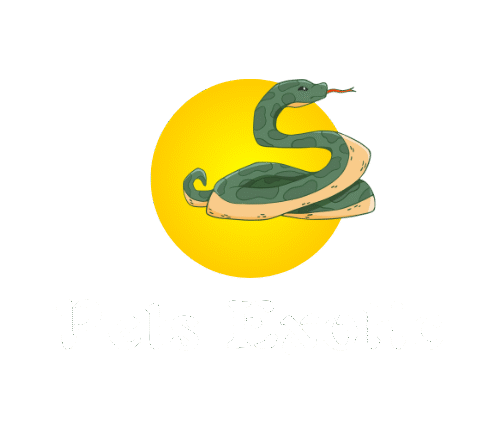
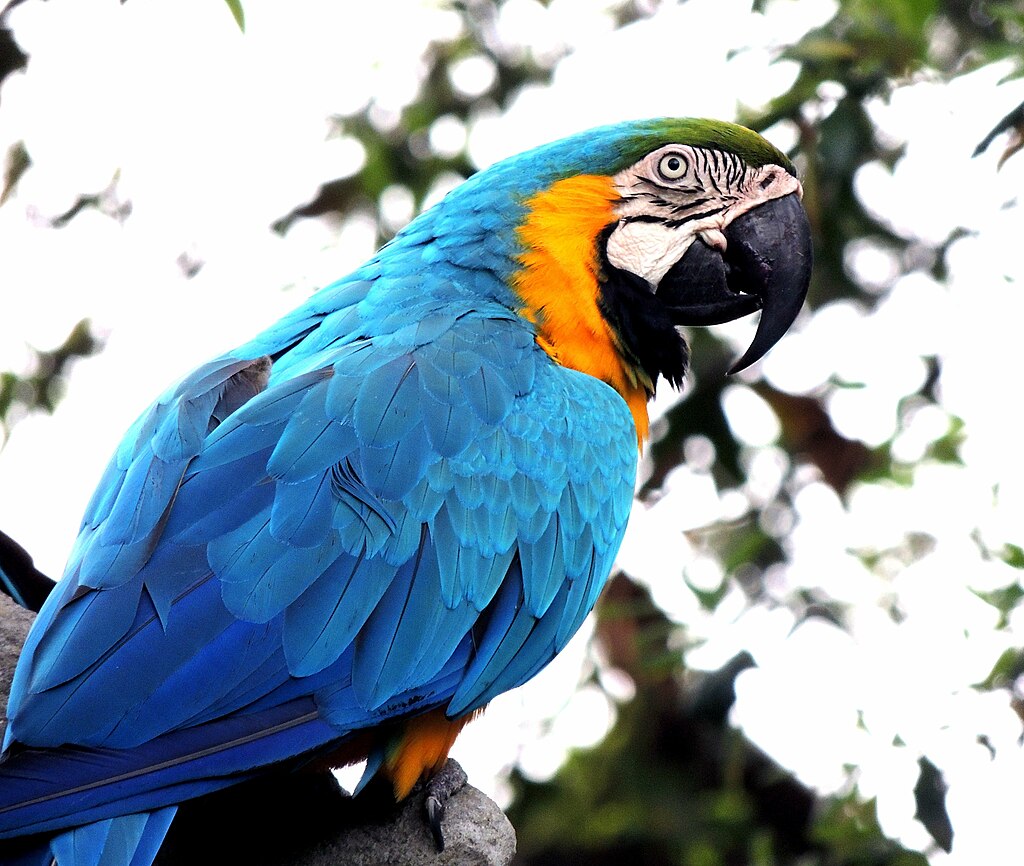
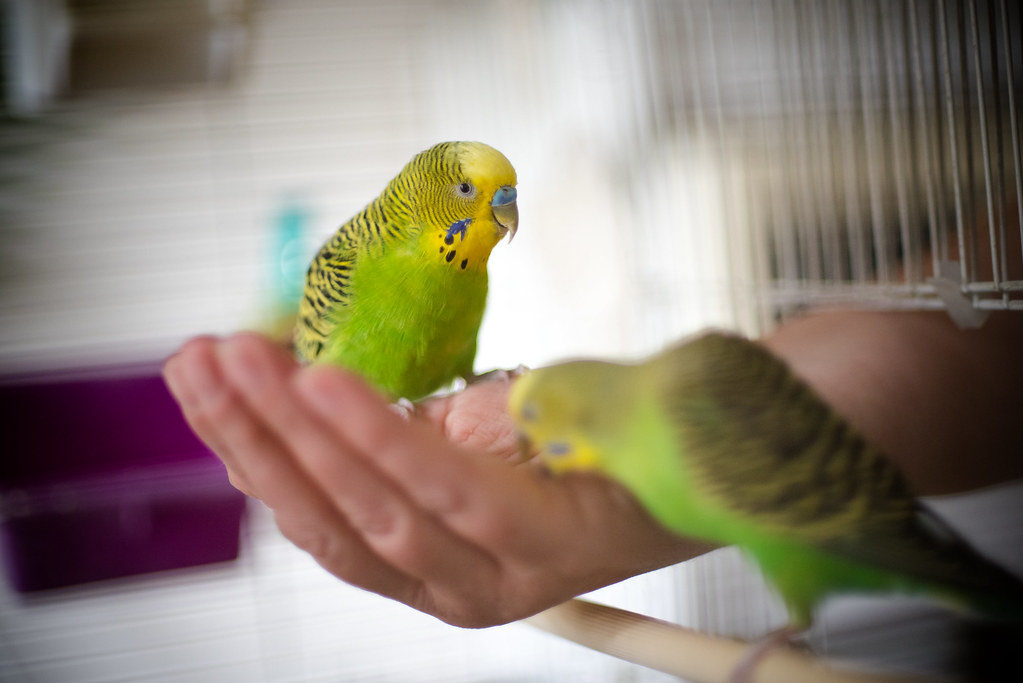
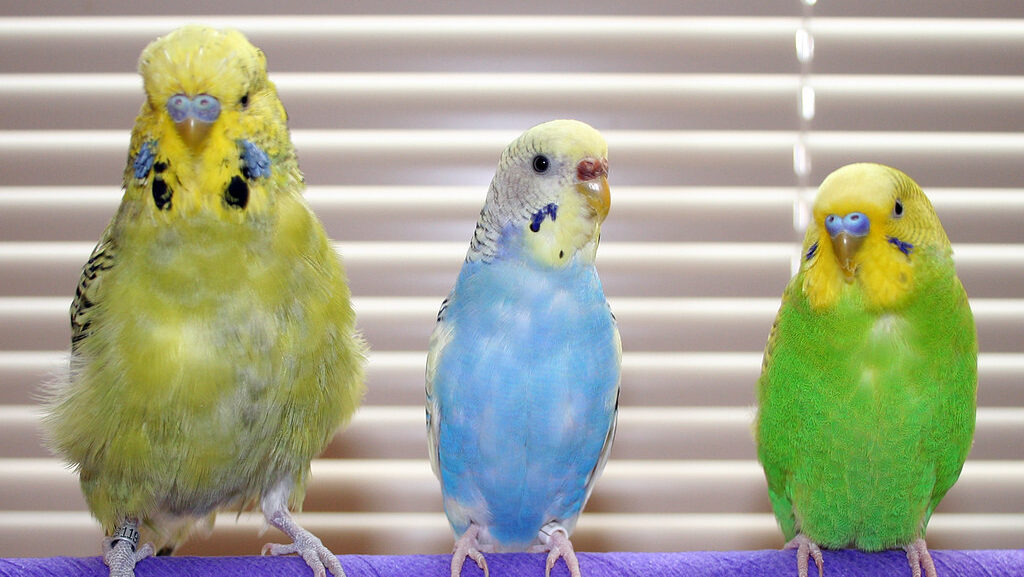
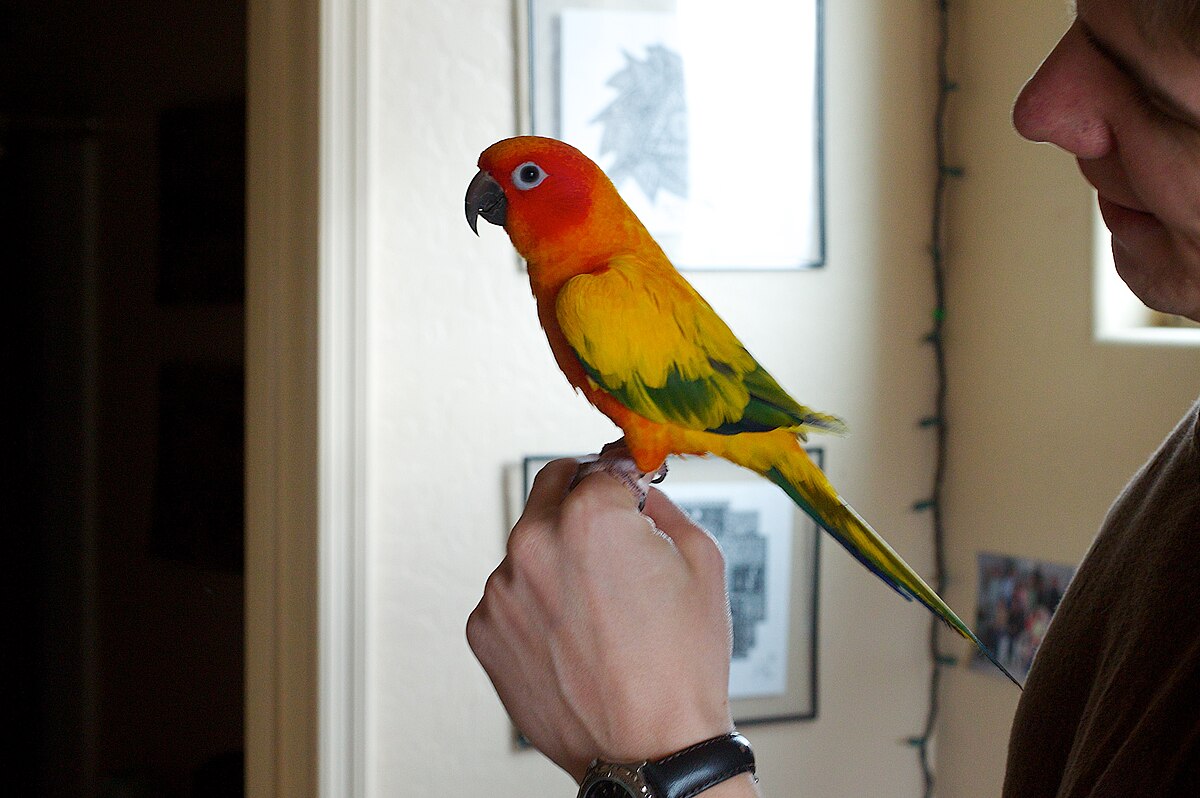
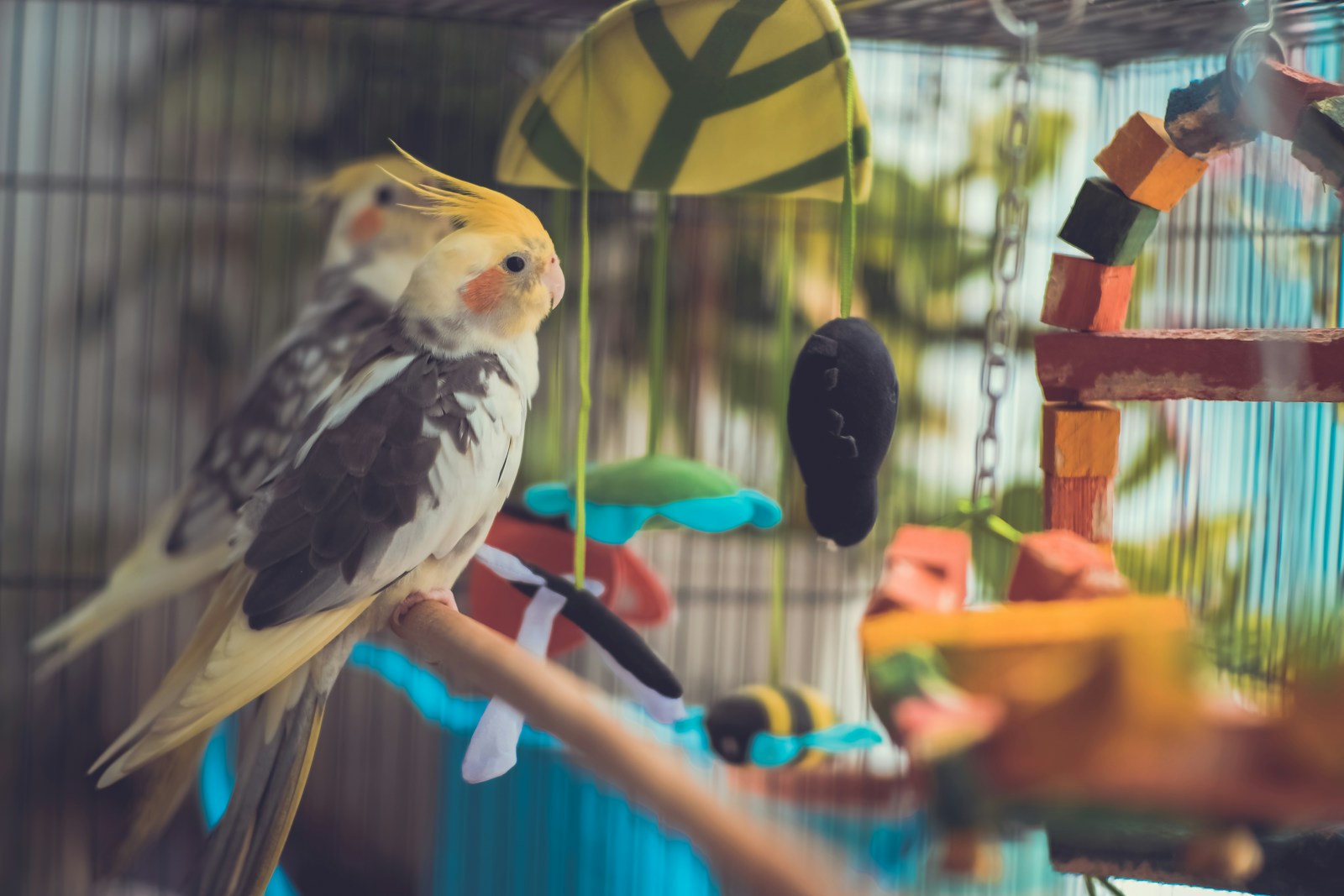
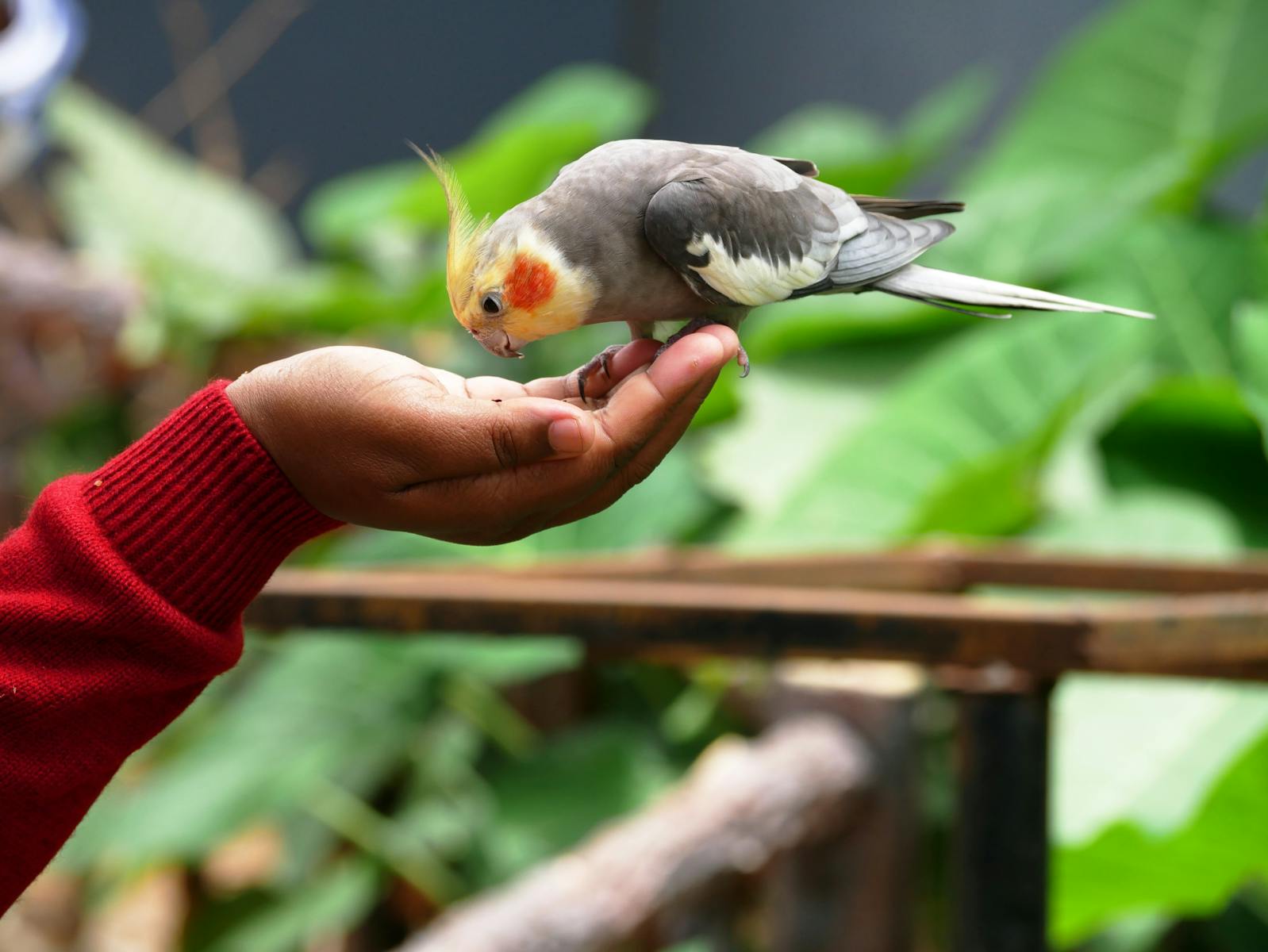
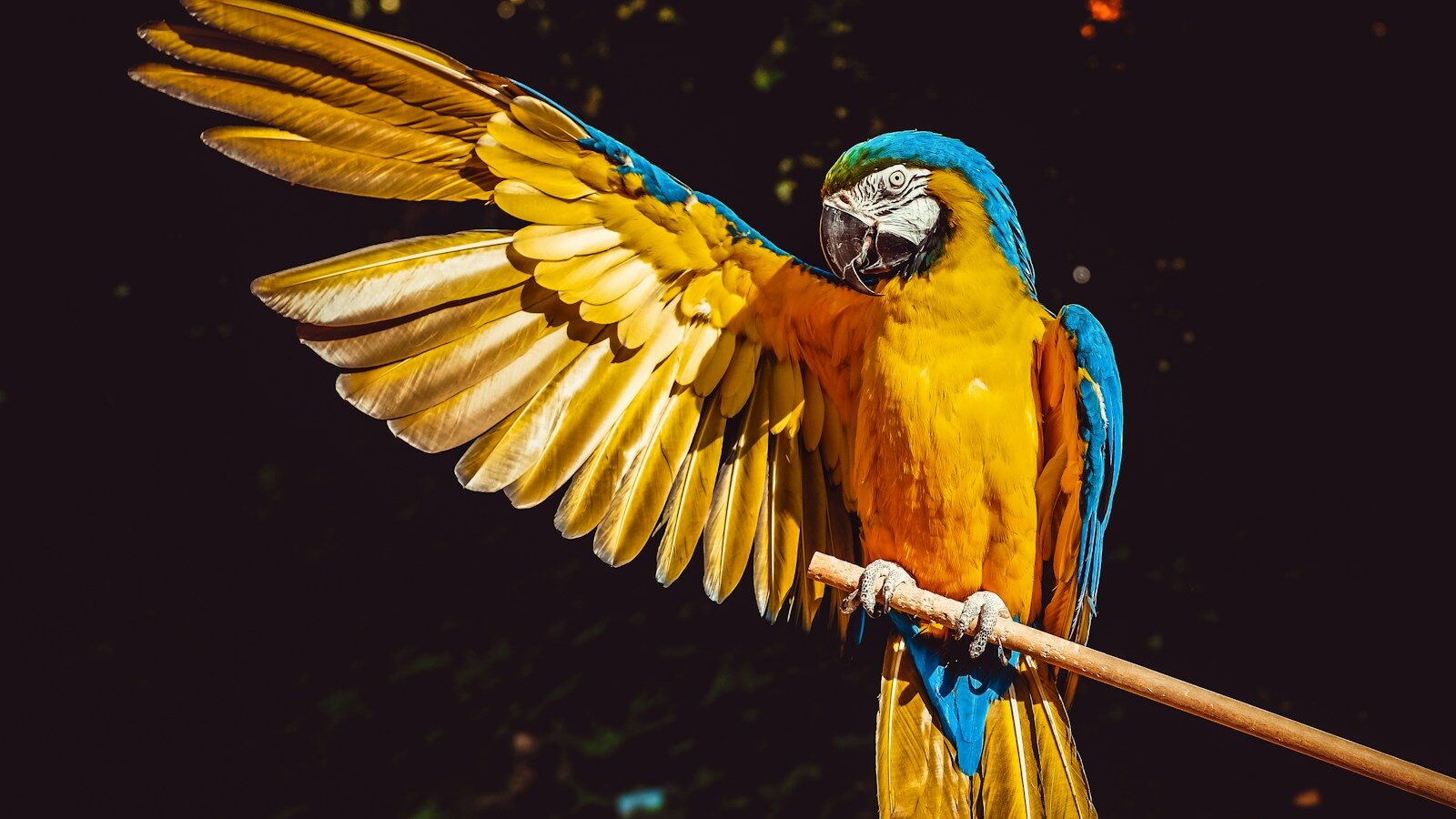

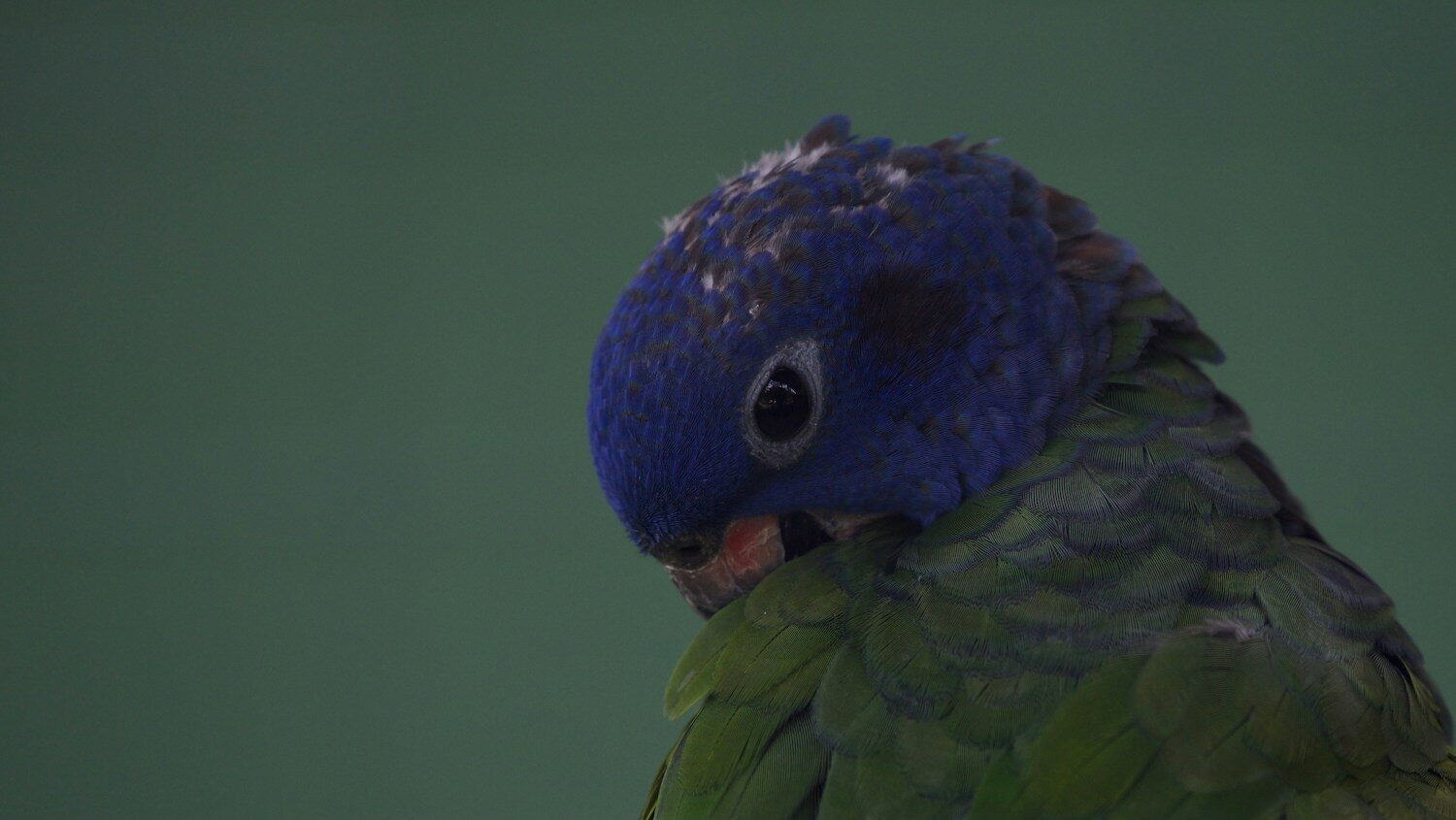
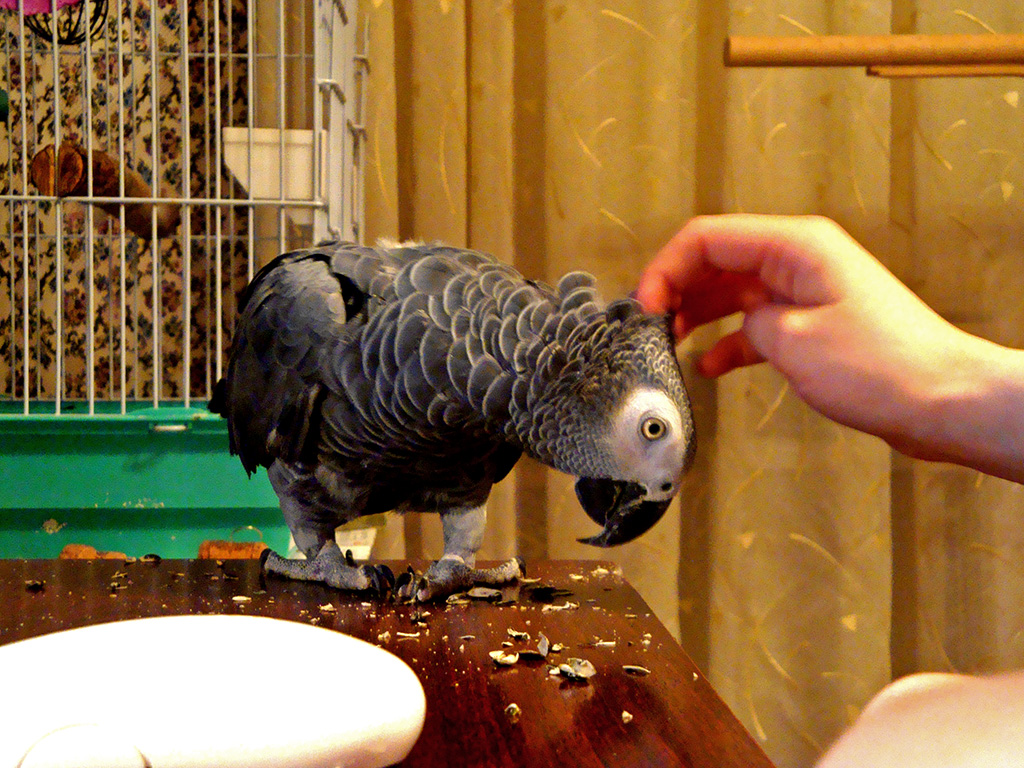
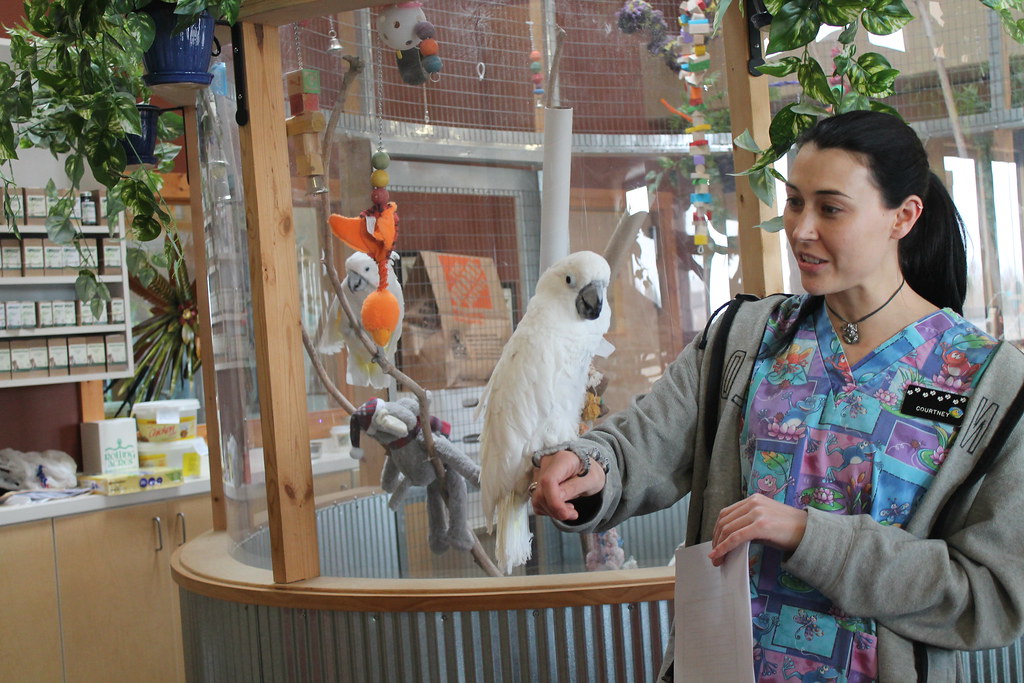
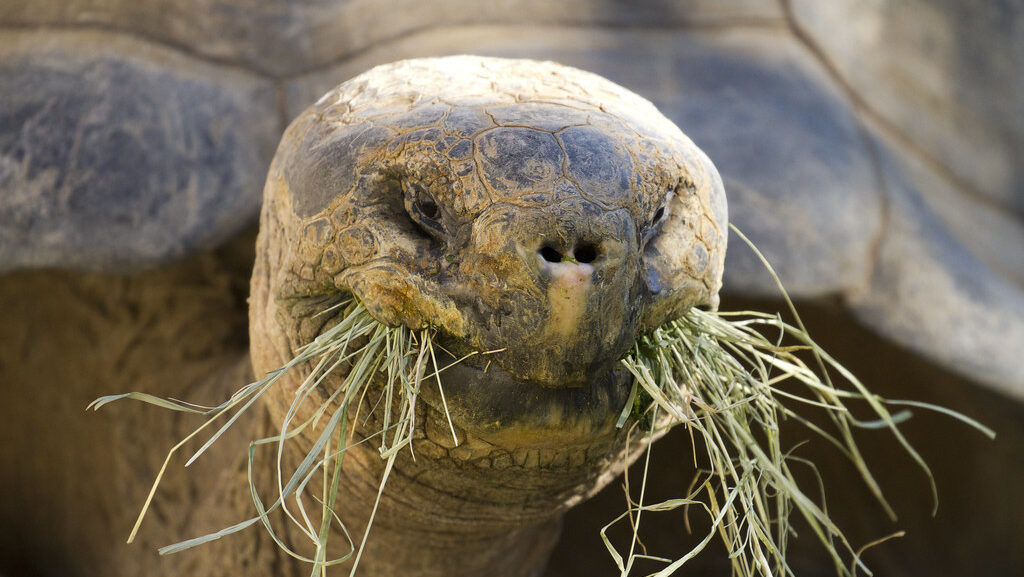
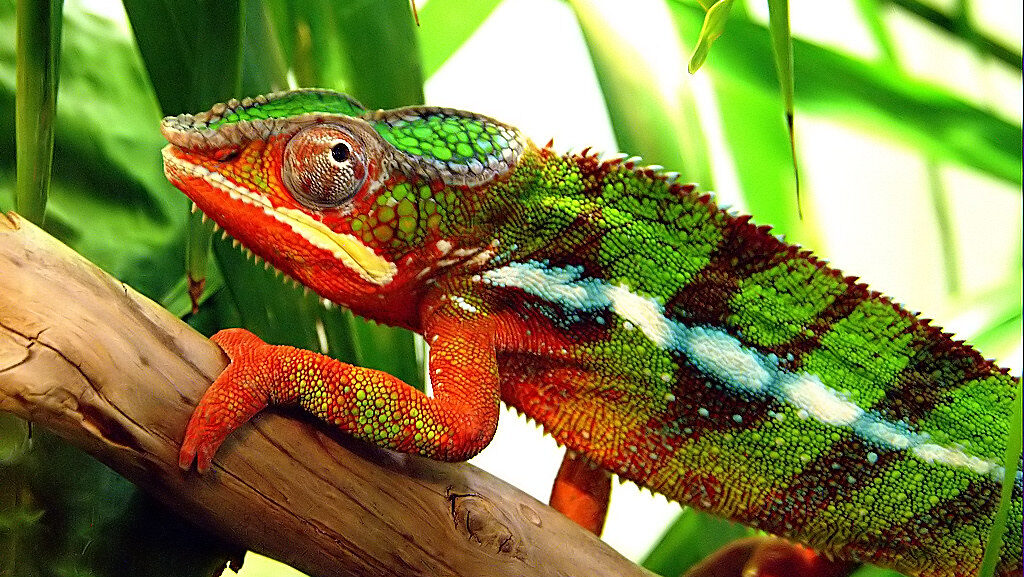
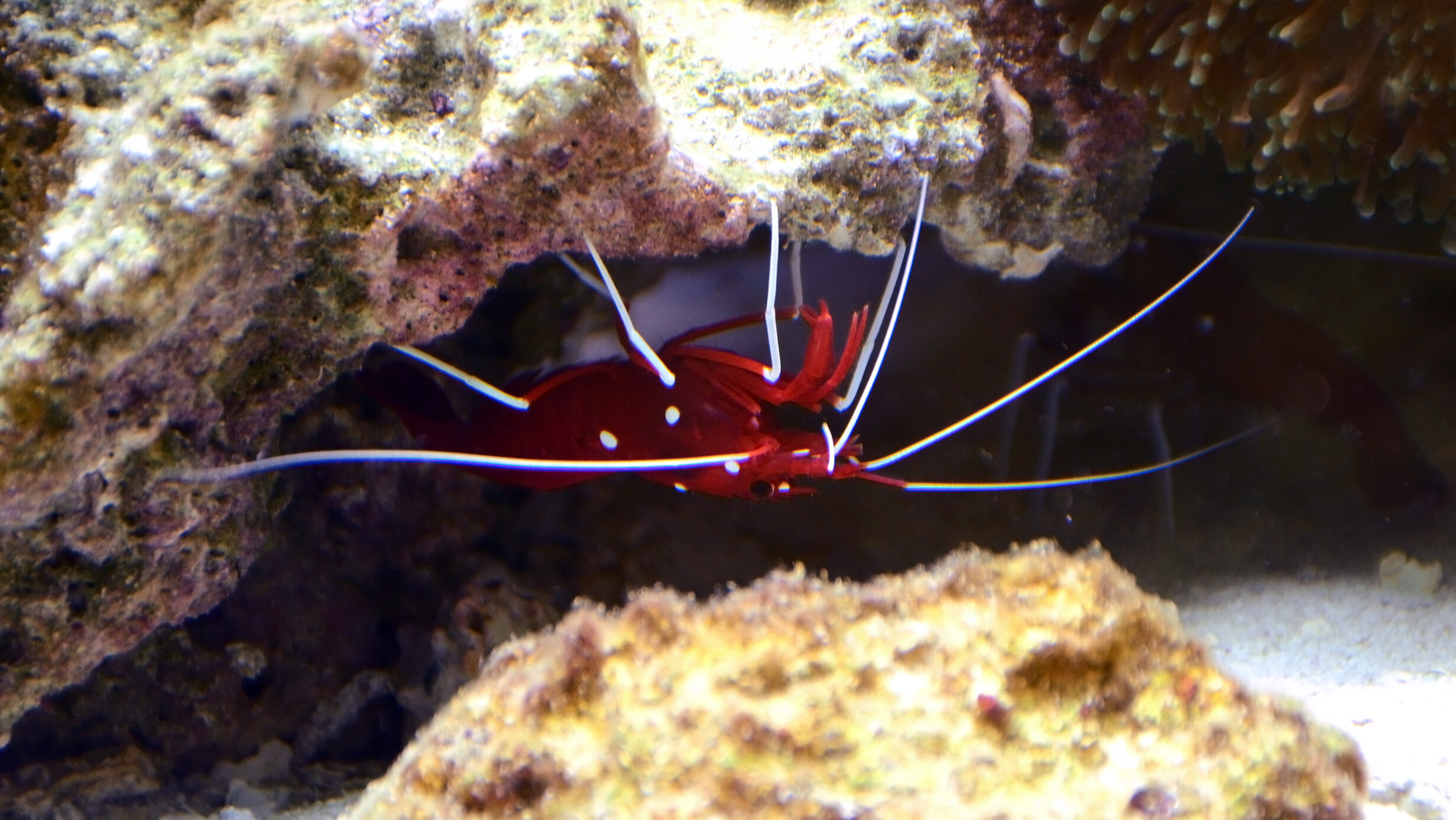
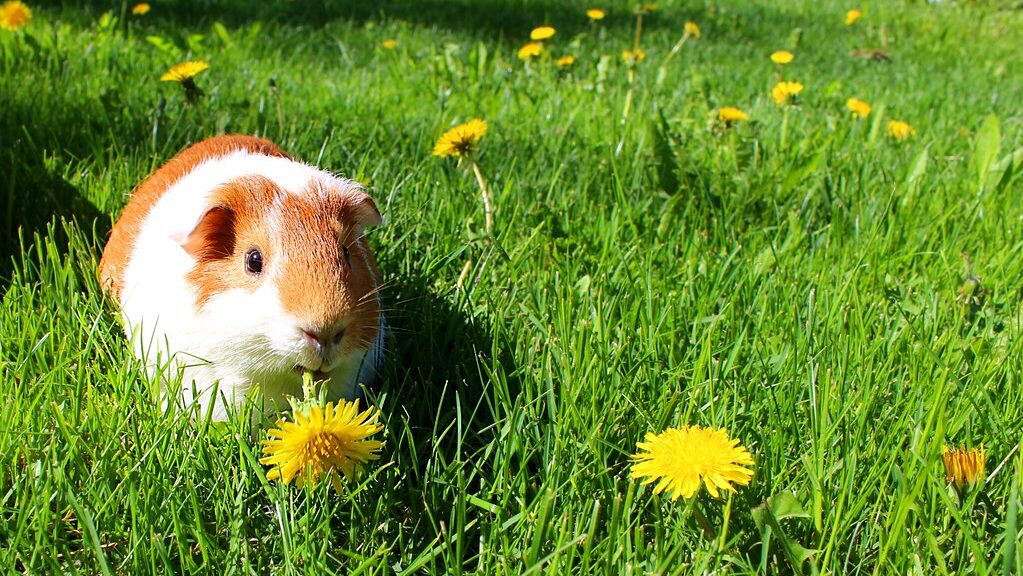
Leave a Reply